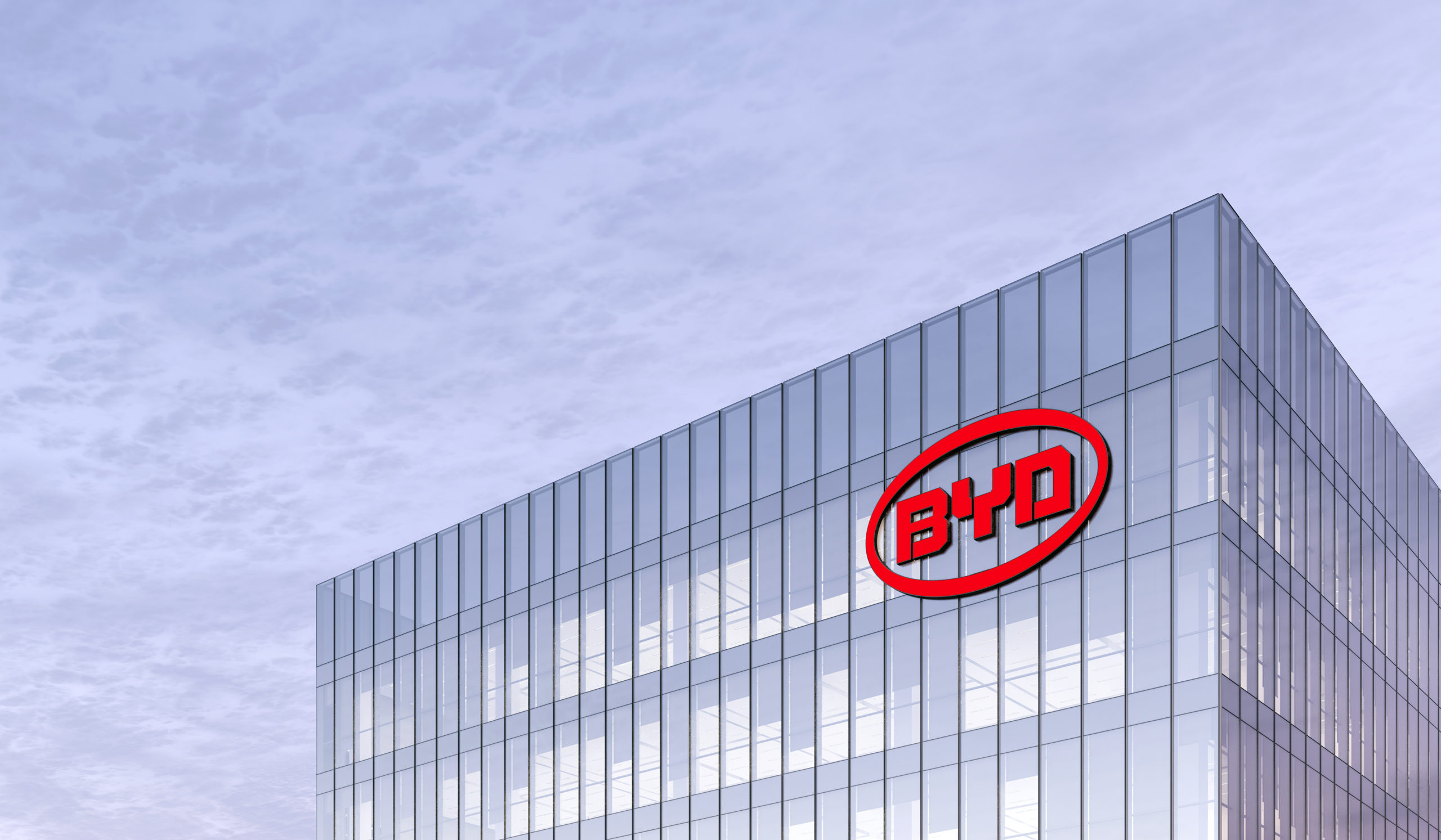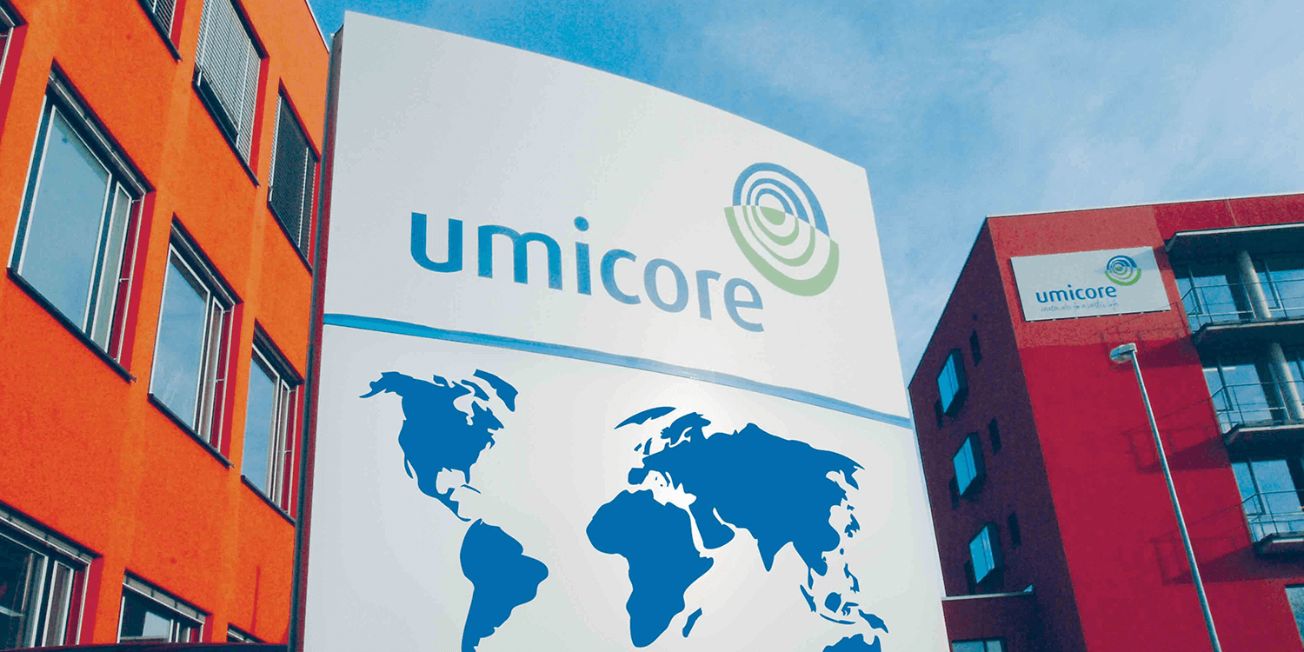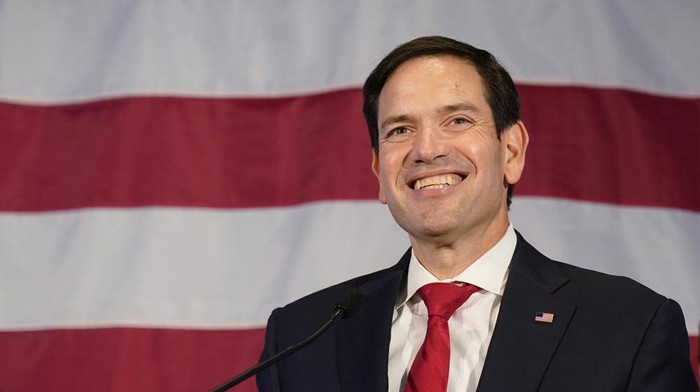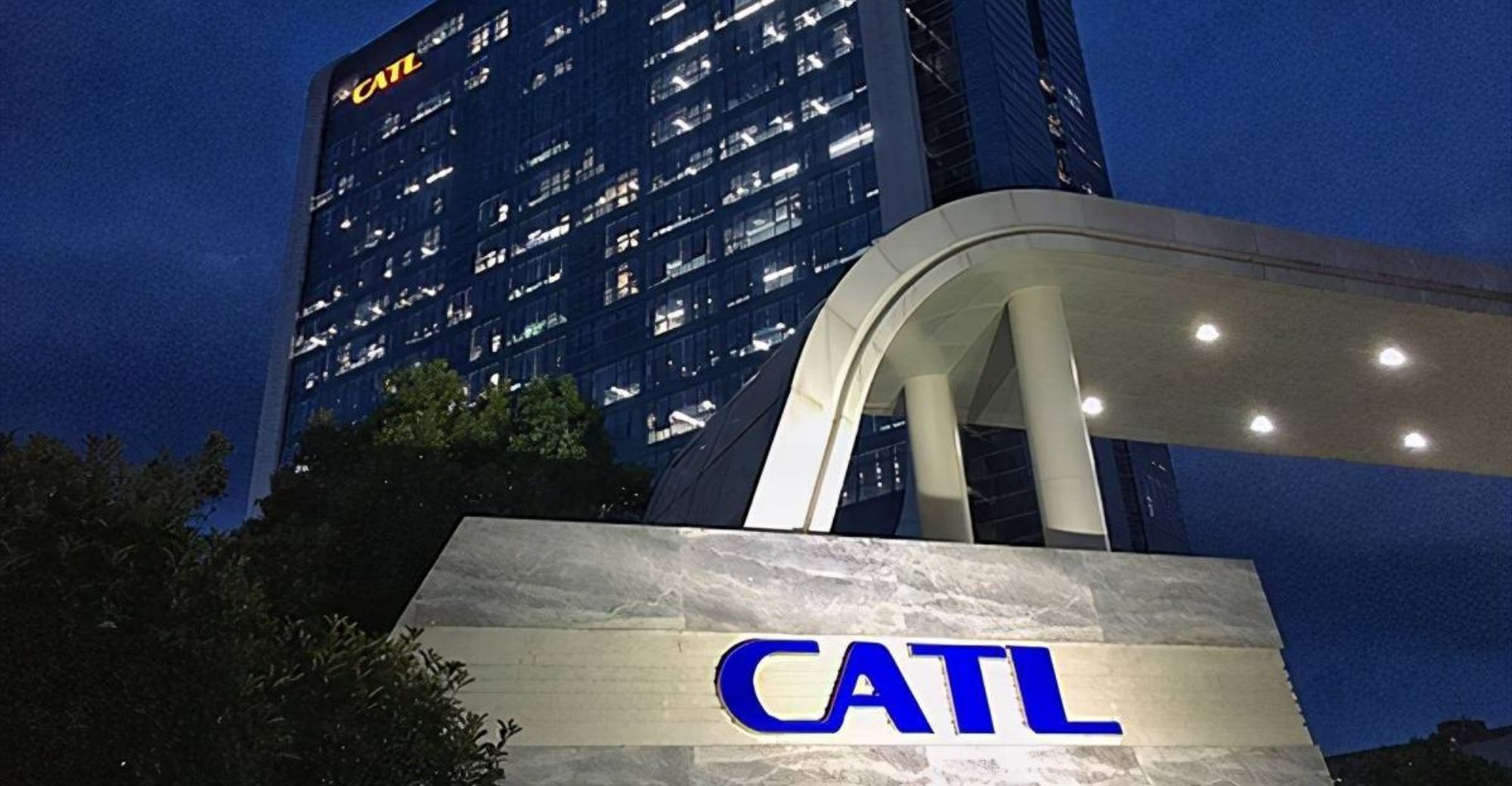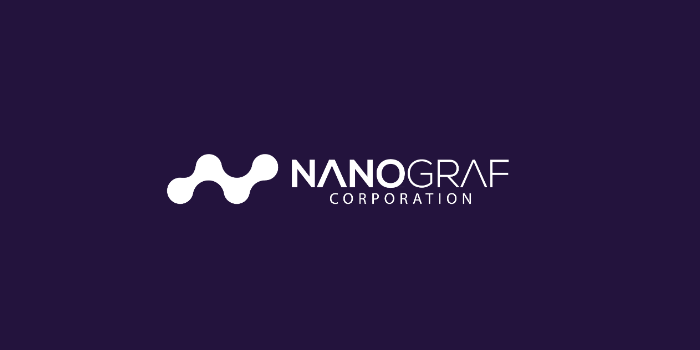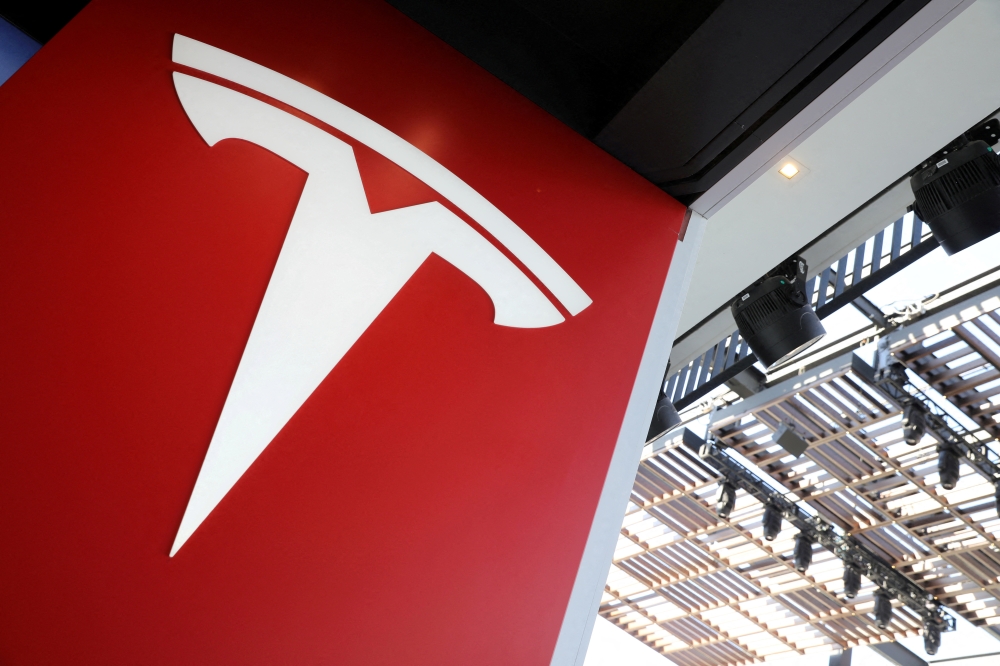Vulcan Energy Resources has revealed the outcome of its definitive feasibility study for the initial stage of its CO2-free lithium project located in the Upper Rhine Graben. The first phase of the project aims to produce 24,000 tonnes of lithium hydroxide monohydrate (LHM) annually, a 60% increase from the preliminary feasibility study.
This increase is attributed to the discovery of new production sites that will commence operation by 2025. The sites are estimated to generate more than 300 GWh of renewable electricity and over 250 GWh of renewable heat each year, with some of the geothermal heat and electricity potentially being utilized by Vulcan shareholder Stellantis at its Rüsselsheim plant.
The study was based on technical data from Vulcan Energy’s geothermal plants and lithium pilot plants, with the PP1 pilot plant having been in operation since April 2021 and accumulating data over 13,000 hours of operation. Vulcan Energy has invested €1.496 billion to develop the sites and commence production, with the production cost per tonne of LHM estimated at €4,359. The company noted that production costs in other regions, such as Latin America, are over €5,000 per tonne.
In addition, Vulcan Energy secured five exploration licenses in the Upper Rhine Graben, expanding its previous exploration area for geothermal energy production and lithium by 325 square kilometres, covering over 1,000 square kilometres in Baden-Württemberg, Rhineland-Palatinate, and Hesse.
See also: Battery life: a definitive guide to everything that affects electric vehicle battery life
Vulcan Managing Director and CEO, Dr. Francis Wedin, stated that the project consists of commercially well-understood methods and processes, however, this is the first time these processes from the lithium chemicals and renewable energy industries have been combined to produce a zero carbon, net zero project development. The company intends to start commercial production by the end of 2025 and ramp up production thereafter, recognizing the significant challenge ahead as a growing company.
A separate definite feasibility study for Phase 2 is yet to be announced, with no specified time frame.


